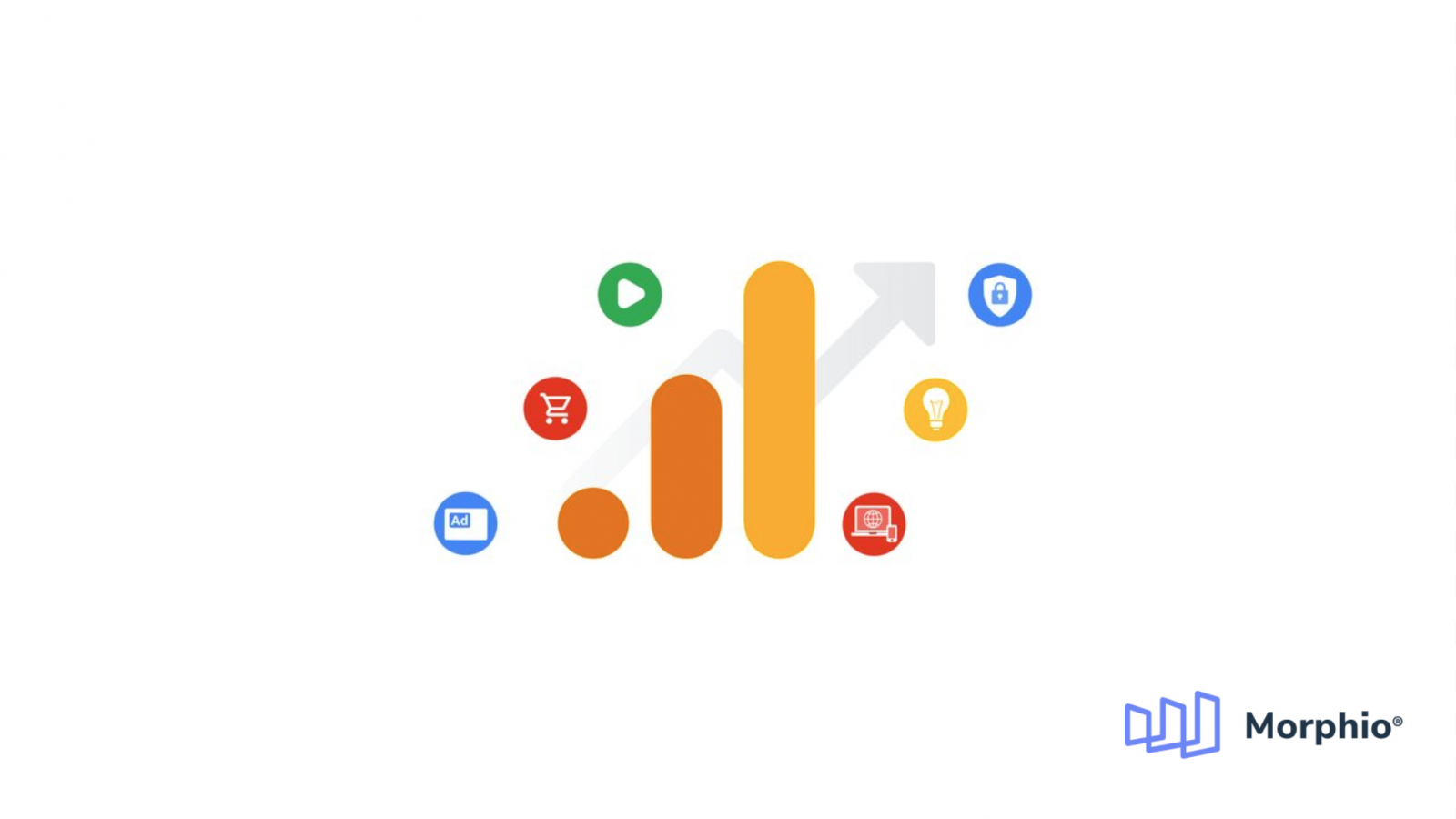
The honest answer appears to be: not well. Recently Google announced the sunset date for Universal Analytics when the option of the move over to GA4 will become a requirement. July 2023, giving us all about a year to figure it out.
A Room Full Of Digital Marketers Booed
We’re a funny lot, us digital marketers. It’s universally accepted that ours is an industry constantly in evolution and yet any changes to platforms or the functions within them are often met with howls of indignation. I remember a visit to Google’s offices in Toronto once for an agency meet-up. This was right at the point that Google was enforcing the migration from its old light gray interface to its current one. At one point during a talk the new interface showed up in a slide and I swear to you a room full of digital marketers booed. I’m not above this resistance to change, either. I’ve reasoned that because so much of what we do seems to constantly be in flux, we are particularly attached to the very few constants that do exist. I’m still furious about the move from Google Ad’s love beige/forest green livery circa 2010.
UA’s Entire Data Model Is Outdated
A quick recap of what GA4 entails then. Firstly, why the change? Well because Universal Analytics was developed at a time when cookies ruled and desktop was the primary device for accessing the internet. The entire data model and the assumptions made around user behavior are now outdated – it has limped on through some iterative changes but ultimately a fundamental rehaul was required. The reinvented GA4 will operate cookie-less and with a heavier focus on mobile users, both in-browser and in-app. Natively it is driven by users and events, which prevents marketers/analysts needing to utilize the data-layer setups that have come to dominate late stage Universal Analytics.
So why the outrage? For one thing, it is a real departure from the views oriented structure of before. The metrics that we’ve long been using to determine performance are still present (if buried) but are no longer the way Analytics prioritizes the presentation of data – prioritizing instead users and events. It’s also a deeply unpleasant UI, which is pretty on brand for Google, and while the average Joe might be able to muddle their way through Universal Analytics, even seasoned marketers and analysts are having a tough time gleaning insights from GA4. One imagines there’ll be plenty of iterative improvements in this area, but as of right now, people are not enjoying GA4.
Are you worried about your agency handling this transition and feel behind? The good news is, you are not alone. Based on feedback from agencies we’ve spoke to, the range of implementation is large, from just starting to having it all set up, but skewed heavily towards the former. Agencies are approaching this differently as well. Some are creating a best practice approach and then rolling out on all accounts at the same time, some are trialing it on smaller clients, and some are prioritizing larger clients in order to appease the ones that pay the bills. There is no silver bullet, but considering the context of your client mix and revenue splits, your reliance on UA currently, and your team’s comfort level are all factors to consider in which roll-out plan works for you.
We Want To Hear From You
At Morphio our product team is right now diving into the task of integrating GA4 with our platform, so I’ve no doubt we’ll be experiencing these same pain points. But right now we’d love to hear how our users are handling the GA4 roll-out at your brands/agencies? Are you meeting resistance? Are you experiencing the same frustrations as above? Or are you in love with the new platform and excited for the opportunities it opens up? If you have a story to share then please email hello@morphio.ai